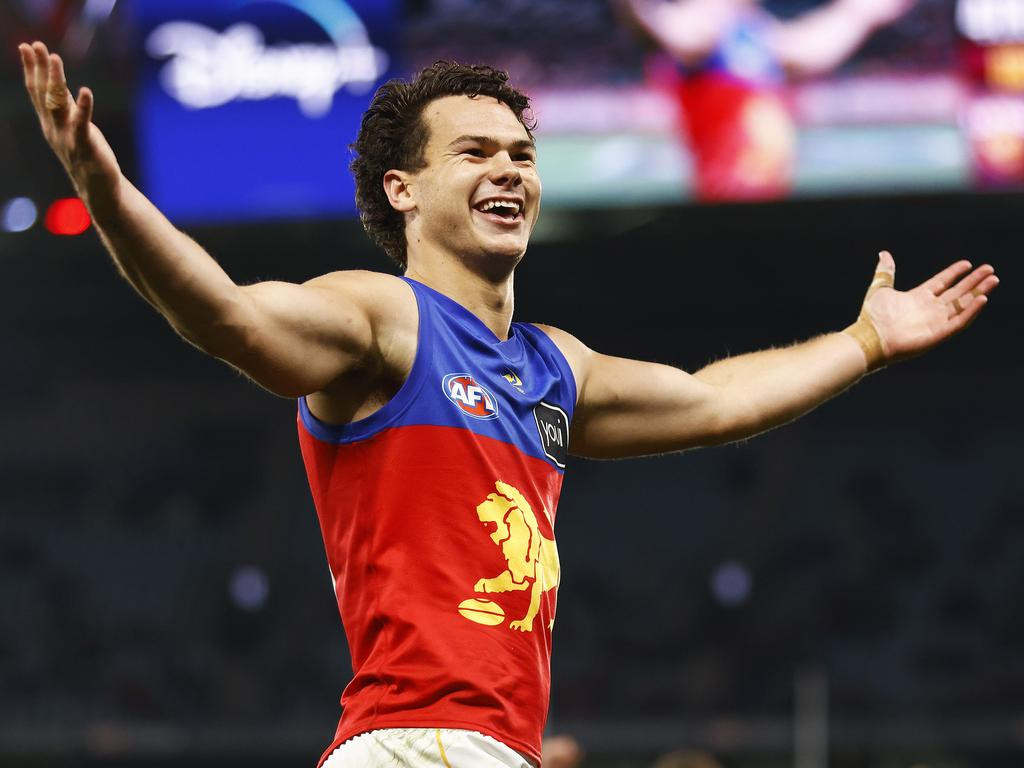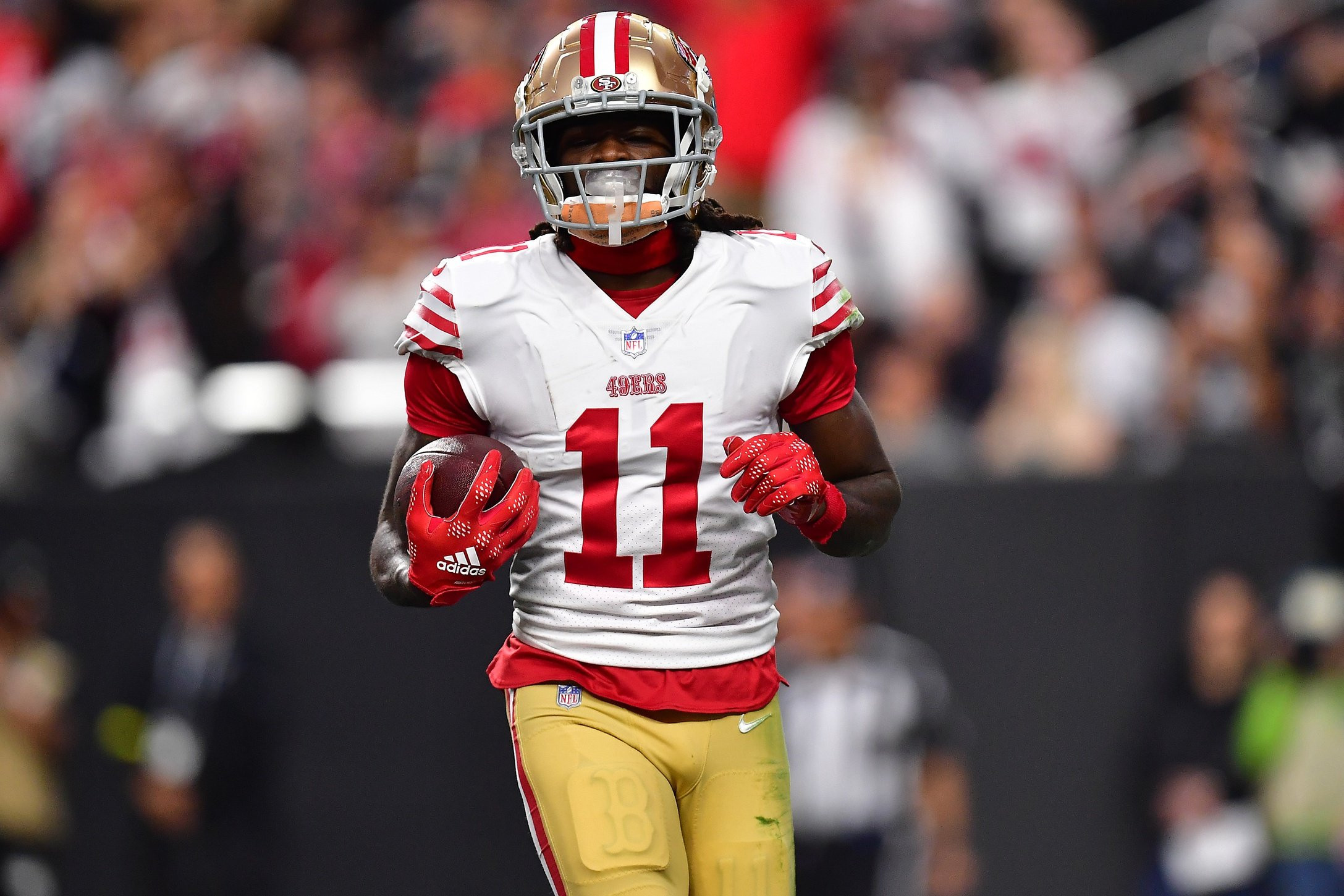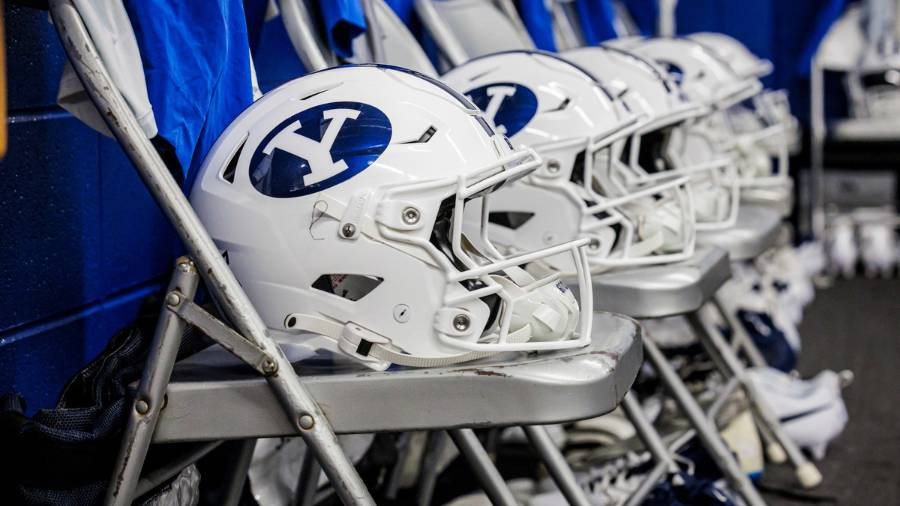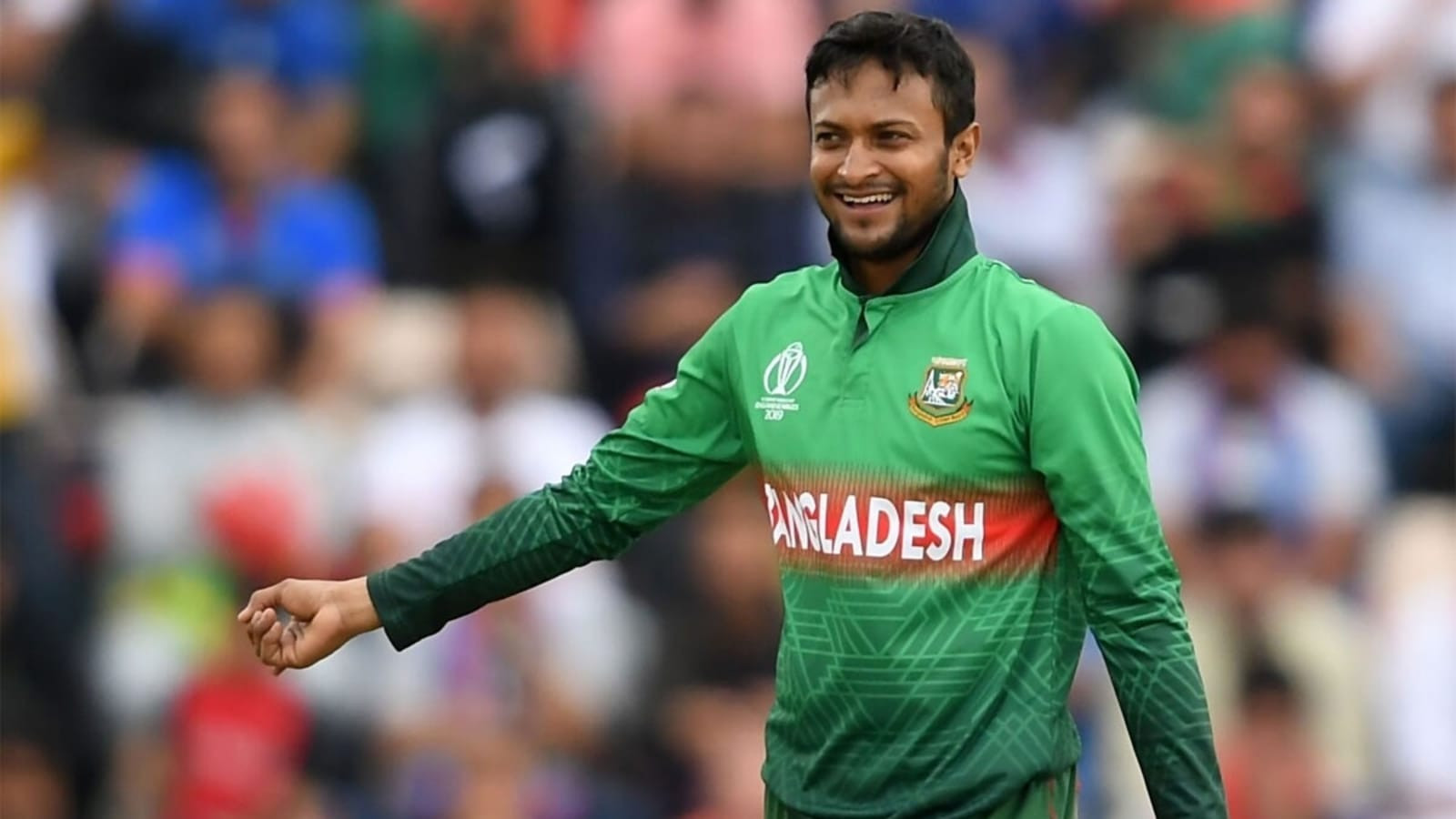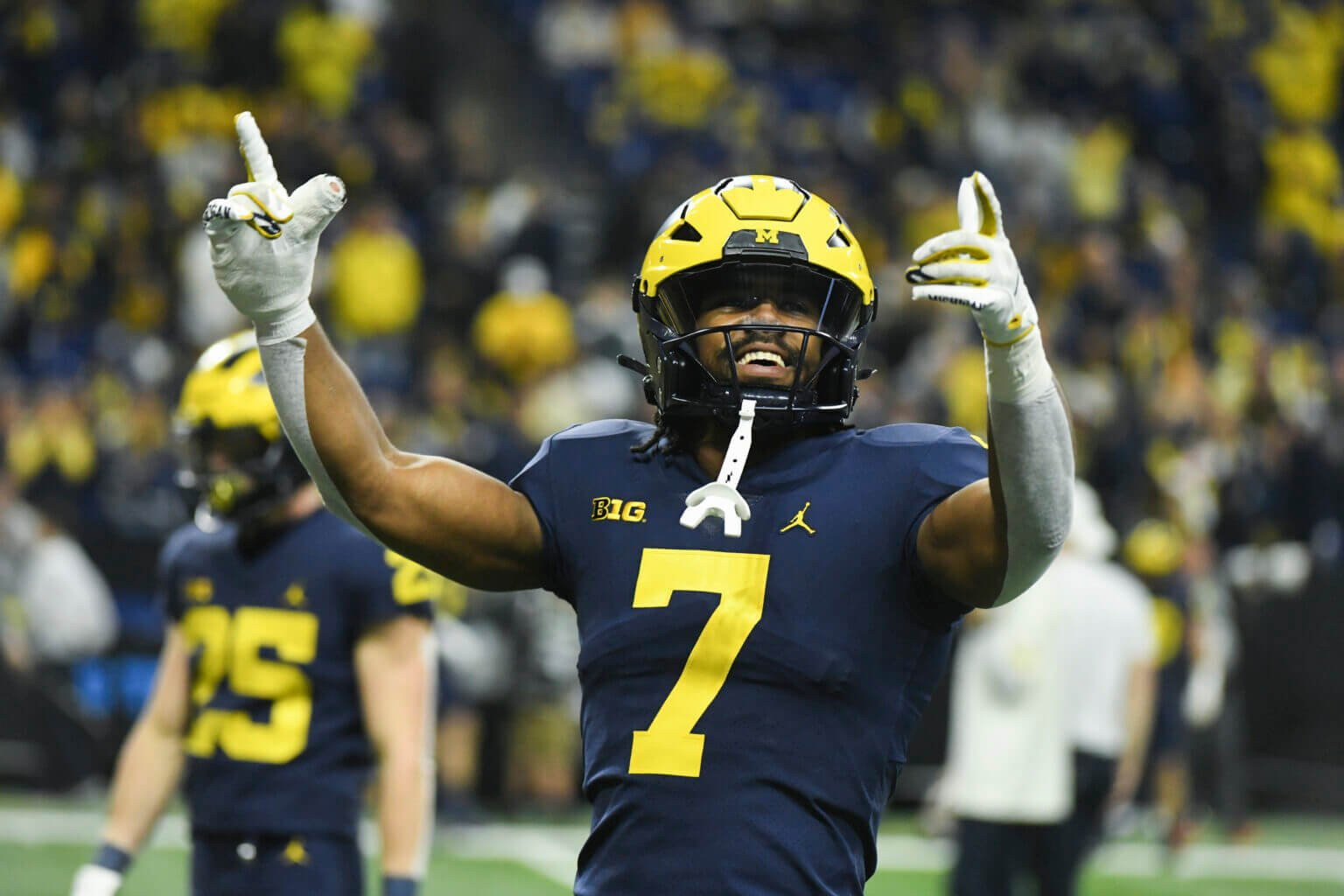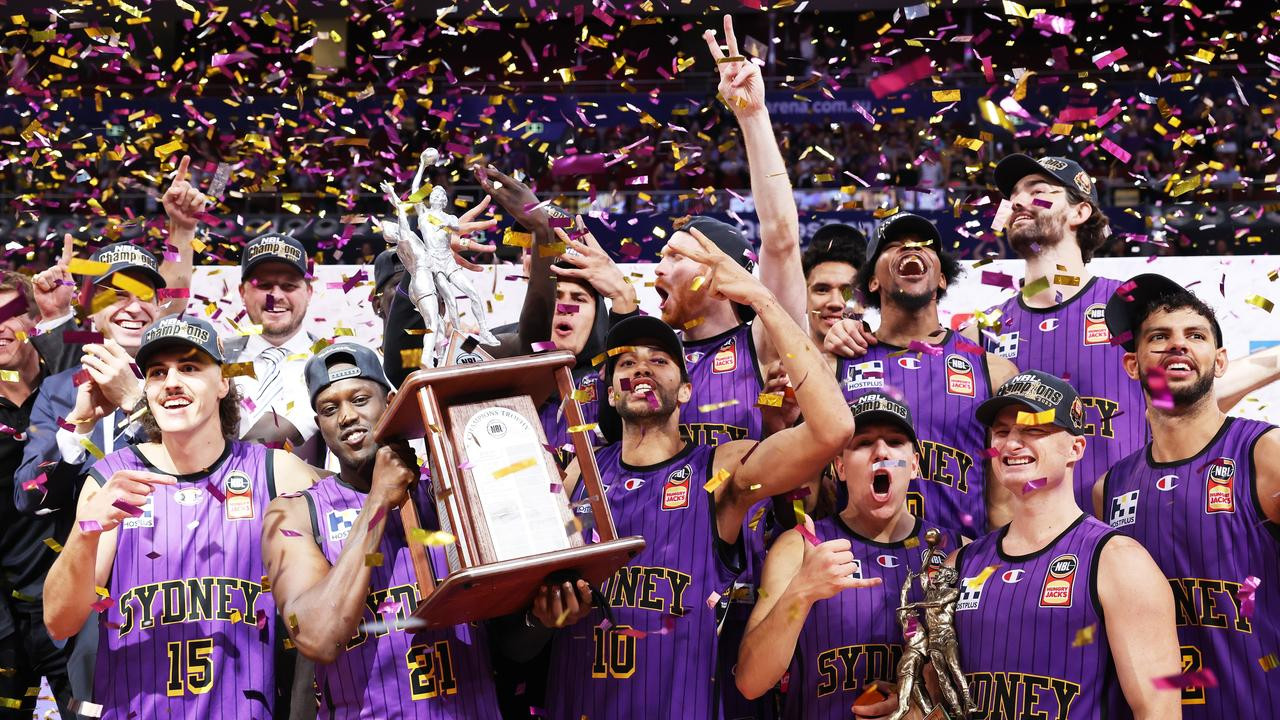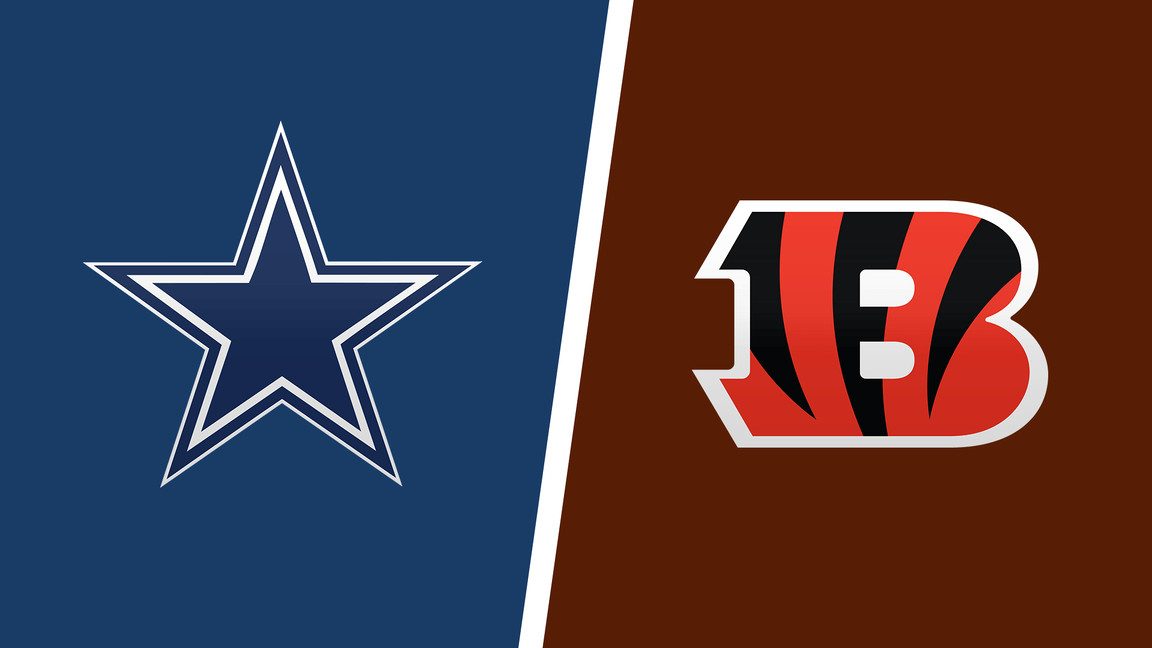Cam Rayner had been the rabbit in the headlights all week. He’d been quiet again against the Giants, after kicking three goals against Carlton in the elimination final. Once again, he was presenting as a tease.
On Saturday night, his moment came: a 55-metre kick on his left to finally break Geelong in the preliminary final and seal a grand final berth. His second half – the half in which he too often fades away in games – had been explosive. Like his team, he’d attacked relentlessly, a young man with nothing left to lose.
It meant that a week after coming from 44 points down to beat GWS, the Lions erased a 25-point third-quarter deficit in an enthralling 14.11 (95) to 12.13 (85) victory at the MCG in front of 93,066 fans.
It delivered the first grand final featuring two non-Victorian clubs since 2006, and the Lions’ second successive grand final appearance, following a heartbreaking four-point defeat to Collingwood last year.
“It’s unbelievable. This group has been up for it all year. To come back and do this – it’s all about moments,” Rayner said.
“It’s been a tough slog on the half-forward line this week, but to be able to steady it and finish it for the boys, I love this club so much, and I am so happy we get to try again and hopefully we can correct some wrongs from last year.”
Lions coach Chris Fagan later said that Rayner, with 18 disposals and two goals, including that late left-foot sealer, was arguably the best player on the ground in the second half.
“We have played three finals now. He played a super game against Carlton, he was massively important tonight. Even last week when he copped a little bit of criticism for not having the best game, if you watch the tape closely, some of his tackling and contest work, particularly in that last quarter when the game was on the line, was absolutely awesome. He is a growing as a player, he is growing as a leader,” Fagan said.
The Turning Point: A Shoulder Injury and a Resurgence
All had seemed lost when Oscar McInerney popped his left shoulder late in the first quarter. McInerney doesn’t get a lot of headlines. He is, by nature, quiet and unassuming. As ruckmen go, he’s not Max Gawn. But he doesn’t pretend to be, and no one else is either.
The Big O is, mostly, an immovable object. Against the Cats, in a preliminary final, Rhys Stanley didn’t exactly present as the proverbial irresistible force. Most neutral football observers would have given McInerney the advantage in advance.
Until McInerney’s injury, things had been going pretty well for the Lions. A few other players that had struggled earlier in the finals – Zac Bailey, Eric Hipwood, Charlie Cameron, young Logan Morris – had all hit the scoreboard.
Kai Lohmann was energy personified. He jumps at passing bush flies; he dodges and weaves and plays like it’s all just a kick in the park.
Zorko was off the chain and had 11 typically adroit possessions in the first quarter. Lachie Neale, under a cloud for weeks, was moving well and winning the ball. They’d weathered an early storm to hit the front.
Statistically, the Lions were in control of several key categories of the game. They’d arrested the Cats’ momentum and were winning both possession and territory. They had the game mostly on their terms.
For the amount of pain McInerney appeared to be in as he was assisted from the field, the Lions should have needed enough tranquilliser to sedate a horse. It was scary to see him line up against Stanley at the in the second quarter, his face pale.
As the second quarter wore on, though, it was clear McInerney was fighting with the equivalent of one arm tied behind his back. The immovable object was struggling to hold his ground. The Cats got a run-on. Crucially, they seized five goals directly from stoppage.
And in the third quarter, just as the Lions were mounting the bravest of responses, McInerney’s shoulder finally gave way. And that – surely – should have been it.
The Lions’ Unstoppable Comeback
Except it wasn’t. As they did from 44 points down against the Giants last week, the Lions went for broke. They took some insane risks. A Jarrod Berry handball back over his head from the boundary line to Brandon Starcevich saw Rayner kick his first goal.
From there, Rayner was everywhere. A second shot at goal was denied by a Jed Bews fingertip, but he was now a major factor. The Lions kicked five of the last six goals of the term to seize the lead.
Now it was an arm-wrestle. Tom Stewart was the firewall at halfback for the Cats, stopping and rebounding. For the Lions, it was Ryan “Froggy” Lester, Starcevich and Darcy Wilmot.
Time and again, they ran through the corridor. Bailey couldn’t have kicked the ball any better to Charlie Cameron; Callum Ah Chee has never looked any more assured. Wilmot surged again and Conor McKenna, substituted for McInerney, squirted the ball to Morris.
Now they were in front; now they had to hold on. Lohmann flew, caught another fly and took his shot like it was a kick in the park: he missed. Rayner flew, took a screamer and drove the ball to Bailey, who was heroically run down by Zac Guthrie.
There was still room for another twist, and its name was Oliver: Oliver Henry, who struck twice to put the Cats a point up. But the Lions refused. They would not be denied. It was Rayner, in the end, who plunged the dagger into the Cats’ hearts.
A Grand Final Destiny Awaits
The Lions will go again next week, with what must seem like a sense of destiny. They just may need to call up ex-Geelong ruckman Darcy Fort, who’s played two games this year.
With AAP
Copyright © 2024




